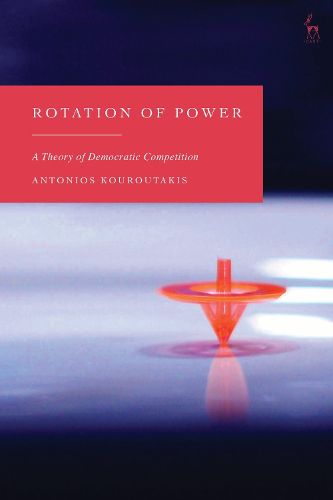Readings Newsletter
Become a Readings Member to make your shopping experience even easier.
Sign in or sign up for free!
You’re not far away from qualifying for FREE standard shipping within Australia
You’ve qualified for FREE standard shipping within Australia
The cart is loading…






This book explores the often-overlooked democratic principle of "rotation of power".
It considers two key questions: What happens when power stops changing hands in a democracy and when incumbents manipulate the system to entrench themselves in office, can democracy survive?
Democracies are often celebrated for their ability to ensure accountability and renewal through the peaceful and unhindered alternation and transfer of power. Yet, they are not immune to a dangerous phenomenon: political self-entrenchment. This phenomenon occurs when incumbents, unilaterally or collectively, exploit the power of office to dominate the political arena, tilt the playing field, and distort democratic competition. Contributing to scholarly and judicial debates, this book offers a fresh perspective on this issue by focusing on the legal and political mechanisms to safeguard the rotation of power.
$9.00 standard shipping within Australia
FREE standard shipping within Australia for orders over $100.00
Express & International shipping calculated at checkout
This book explores the often-overlooked democratic principle of "rotation of power".
It considers two key questions: What happens when power stops changing hands in a democracy and when incumbents manipulate the system to entrench themselves in office, can democracy survive?
Democracies are often celebrated for their ability to ensure accountability and renewal through the peaceful and unhindered alternation and transfer of power. Yet, they are not immune to a dangerous phenomenon: political self-entrenchment. This phenomenon occurs when incumbents, unilaterally or collectively, exploit the power of office to dominate the political arena, tilt the playing field, and distort democratic competition. Contributing to scholarly and judicial debates, this book offers a fresh perspective on this issue by focusing on the legal and political mechanisms to safeguard the rotation of power.